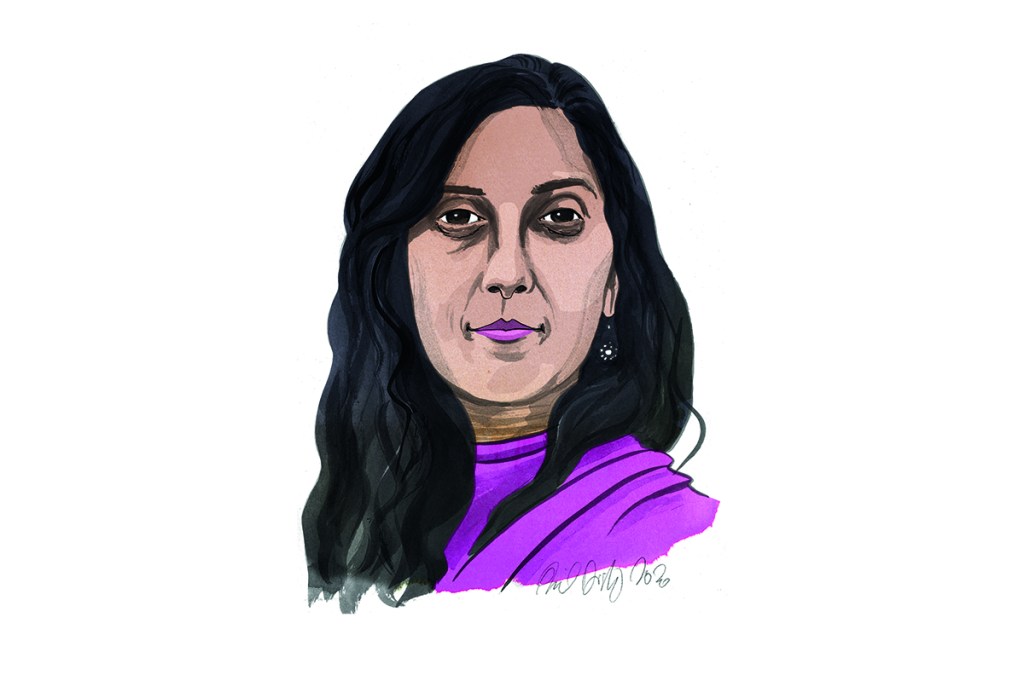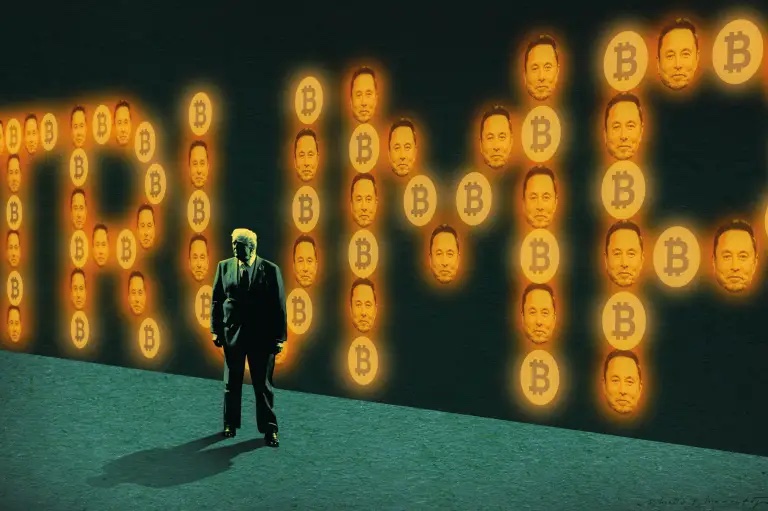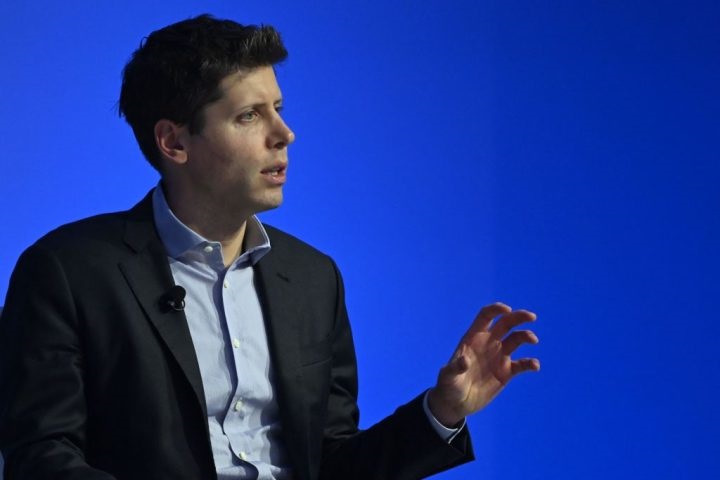Seattle
In Max Frisch’s 1953 absurdist play The Fire Raisers, a well-off family in an unnamed town invites a man they suspect of being an arsonist to sleep in their home. A second such guest then appears, and before long the family’s attic is piled high with drums of gasoline. The man of the house gradually realizes that he has two active pyromaniacs under his roof, but believes that by displaying kindness, he will make his house immune to them. In the last scene of the play, the original arsonist asks for a box of matches and, again wishing to appear generous, his host gives him one. You can guess the rest.
Somehow I’m put in mind of Frisch’s morality tale when examining the unresisted rise of the 46-year-old Seattle socialist politician Kshama Sawant. Sawant came to the United States after graduating with a degree in computer sciences from the University of Mumbai in 1994. Apparently she was surprised to discover that there might be poor people living in America. ‘Moving from India, what was striking is that you expect that in the wealthiest country in the history of humanity, there shouldn’t be any hardship,’ Sawant observed. After obtaining a PhD in economics from North Carolina State University, she moved in 2006 to Seattle, which she denounced as a playground for the rich.
In 2013, Sawant won a seat on the nine-member Seattle City Council after holding a series of boisterous campaign rallies notable for their parade of red flags and Che Guevara posters. Most American politicians still run from the term ‘socialist’ — Bernie Sanders turned himself into a sort of human pretzel in avoiding the stigma — but Sawant positively embraces the label. ‘We are coming for you and your rotten system,’ Sawant announced at the height of Seattle’s civic unrest this summer.
‘We are coming to dismantle this deeply oppressive, racist, sexist, violent, utterly bankrupt system of capitalism. This police state. We cannot and will not stop until we overthrow it, and replace it with a world based, instead, on solidarity, genuine democracy and equality: a socialist world.’ Just more sound and fury, you might think, but there’s evidence that Sawant, a compelling orator and skillful infighter, is already at the forefront of a guerrilla war with the United States, one in which the American media — and more immediately the Seattle media — can be recruited to act as a fifth column. ‘City Council to be younger, more female, diverse’, the Seattle Times rhapsodized of her original election. You could almost hear them offering to pass the matchbook.
In May 2018, Sawant and her colleagues unanimously passed a ‘head tax’ to be levied on large local employers, which happen to include the likes of Microsoft, Amazon and Starbucks. There was a certain amount of give-and-take involved, but when the dust settled Sawant announced that the council would charge businesses an annual fee of $250 per employee, and that this would generate an immediate $40 million to build 2,000 units of low-income housing and provide other social services. After several of the city’s largest employers organized an appeal under the slogan ‘No Tax on Jobs’, the measure was repealed, amid some acrimony, just a month later.
But that wasn’t the end of the matter. Sawant has since continued the struggle to raise taxes on Seattle employers. In January she proposed legislation that would redistribute an annual $300 million from local businesses into a fund for what she calls ‘affordable’ social housing and a ‘Green New Deal program’. Once coronavirus reared its head she demanded that, too, be addressed by punitive taxation on the likes of Amazon, which employs some 50,000 workers at its Seattle headquarters.
In time, Sawant’s attitude to the online retail giant has come to reach the level of a pure and honest personal hatred rarely seen outside marriage. One wall of her office on the second floor of City Hall in downtown Seattle is plastered with election flyers and press cuttings from her various campaigns, with a bright red poster in the middle that reads ‘Unionize Amazon’ and ‘Tax Bezos’ in large white print. In July, Sawant delivered a simple but compelling message to Seattle’s employer class in general: ‘We can inspire working people and youth nationally and globally in their crucial fight against the billionaire elite which is attempting to force working people to pay for the current crisis of capitalism with massive budget cuts,’ she announced.
As you’d expect, Sawant also has reservations about other aspects of modern American life. As a rule, she believes we’re an irredeemably racist, sexist and xenophobic lot, with an unhealthy sympathy for Israel, and that the best way forward is by direct action. ‘If we are to fight against Trump and win against his right-wing agenda and against his bigotry…we have to build nonviolent but combative and militant movements against him,’ she has noted. Sawant is apparently no friend of local law enforcement, either, and in 2017 she was unsuccessfully sued by two members of the Seattle police department whom she’d accused of murdering a suspect who allegedly reached incautiously for a gun during his arrest.
Neither is she on Christmas-card terms with Microsoft’s Bill Gates, having pressed for employee ownership of the software behemoth where, curiously enough, her first American husband — they’ve since divorced — was listed on a public-disclosure document as earning ‘$100,000 or more’ (the largest amount given on the form) annually.
It’s a chillingly brave new world Sawant would seemingly have us inhabit. A giant computer database will rate us according to our resources and needs. We’ll each have to pull our weight to rectify the terrible inequity all around us. ‘Big business and the wealthy attempted to take revenge against working people in our city,’ Sawant recently announced on the chamber floor, in keeping with the left’s counterintuitive claim to be permanently fighting the forces of a monstrous right-wing establishment that in fact loses little opportunity to abase itself before the mob.
The most recent manifestation of this strange national suicide is, of course, the establishment this past June of an officially tolerated downtown Seattle no-go zone, the ‘CHOP’, in response to the killing of George Floyd in Minneapolis. Think of one of those bombed-out landscapes beloved of Samuel Beckett with a touch of Clockwork Orange violence (there were four shootings, two deaths and multiple reports of arson and assault during the three weeks of the commune’s existence, which Seattle’s mayor, Jenny Durkan, compared to the Summer of Love) to get the flavor. At the height of the melee, Sawant led a group of some 300 protesters down streets obligingly roped off by police and into the chamber of City Hall. Once there, she told her audience that she looked on her council colleagues as ‘corporate politicians’ and ‘sellouts’, but that they could count on her to do the right thing. ‘They’re not my people, you are,’ she assured them. It was an inspired piece of theater.
After that, the crowd ambled around a bit, their dreams of winning social justice merging with the opportunity to return one or two of the physical trappings of municipal authority to public ownership. Sharp-eyed observers noted that there wasn’t too much social distancing on display either. Apparently it’s an unconscionable public-health risk to gather to picnic on Washington beaches or protest local church closures, but fine to mill around unmasked while mouthing lewd epithets in a confined space occupied by members of the public a short time later.
As a result of all this, the merely left-leaning Jenny Durkan wants Sawant investigated for her ‘contemptuous’ behavior during the protests, and Sawant in turn wants Durkan, whom she accuses of betraying the masses, fired from office. It’s a miniature version of the epochal power dance between Stalin and Trotsky, as yet without the ice-ax. Watch this space.
This article is in The Spectator’s October 2020 US edition.

























